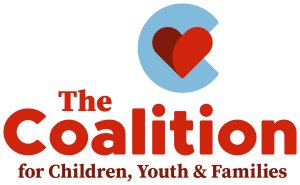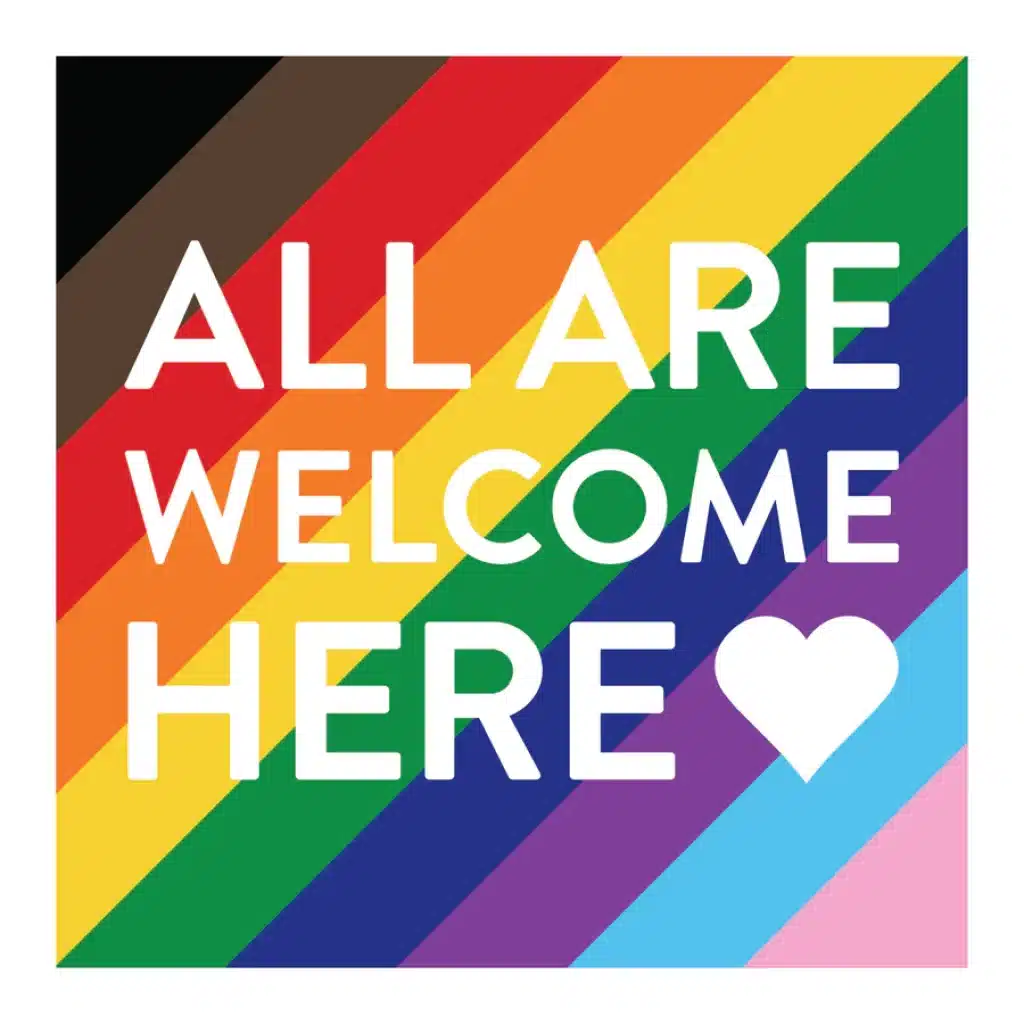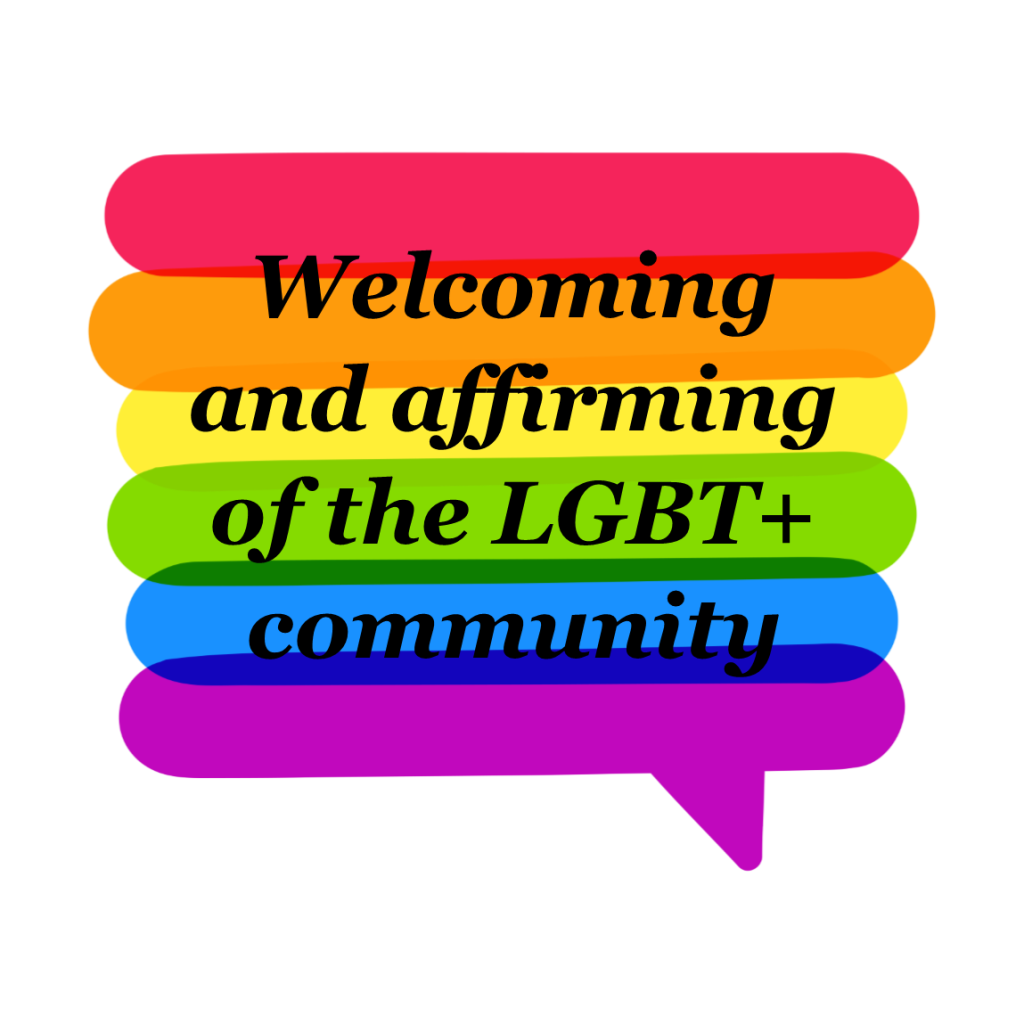So you want to talk about race
In this breakout book, Ijeoma Oluo explores the complex reality of today’s racial landscape–from white privilege and police brutality to systemic discrimination and the Black Lives Matter movement–offering straightforward clarity that readers need to contribute to the dismantling of the racial divide
In So You Want to Talk About Race, editor at Large of The Establishment Ijeoma Oluo offers a contemporary, accessible take on the racial landscape in America, addressing head-on such issues as privilege, police brutality, intersectionality, micro-aggressions, the Black Lives Matter movement and the “N” word. Perfectly positioned to bridge the gap between people of color and white Americans struggling with race complexities, Oluo answers the questions readers don’t dare ask and explains the concepts that continue to elude everyday Americans.
Oluo is an exceptional writer with a rare ability to be straightforward, funny, and effective in her coverage of sensitive, hyper-charged issues in America. Her messages are passionate but finely tuned and crystalize ideas that would otherwise be vague by empowering them with aha-moment clarity. Her writing brings to mind voices like Ta-Nehisi Coates and Roxane Gay, and Jessica Valenti in Full Frontal Feminism, and a young Gloria Naylor, particularly in Naylor’s seminal essay “The Meaning of a Word.”
Coalition Staff Member Review
In the book, So You Want to Talk about Race?, author Ijeoma Oluo states, “When we identify where our privilege intersects with somebody else’s oppression, we’ll find our opportunities to make real change.” By this point, most of us have probably taken part in uncomfortable conversations regarding race and privilege. However, if you are a person of color, this is most likely nothing new to you. Oluo shares that she has been having these conversations for decades and explains how exhausting it has been to spend her life in an environment where most people are white. She is tired of being the “black friend” who is in the position of educating everyone around her. Because of this, she has written this book for allies to take on the role of educators. Oluo gives us the language and the permission to engage in clear, constructive, and confident dialogue with each other about how to deal with racial prejudices and biases. Each chapter is framed as a question that may come up in interactions with others or things that we may wonder in our heads but have been afraid to ask. Chapters include:
“What if I talk about race wrong?”
“What are microaggressions?”
“But what if I hate Al Sharpton?”
“I just got called a racist; what do I do now?”
In these and other chapters, she lets us know why the question matters, explains some of the common beliefs and misunderstandings around it, and provides ideas of how to respond to the issue to have an effective discussion. The questions posed are difficult, but difficult conversations are the only place we can come together and make change happen. There is no better way to summarize a review of this impressive and important work than with Oluo’s own words: “The possibilities of where you can leverage your privilege to make real, measurable change towards a better world are endless. Every day you are given opportunities to make the world better by making yourself a little uncomfortable and asking, ‘who doesn’t have this same freedom or opportunity that I’m enjoying now?’ These daily interactions are how systems of oppression are maintained, but with awareness, they can be how we tear those systems down.”

ISBN: 978-1-58005-882-7
Count: 1




